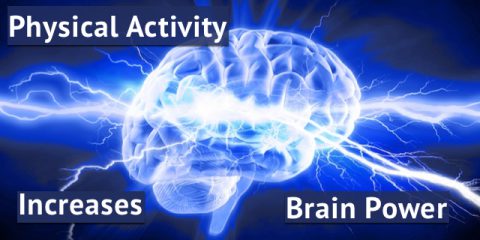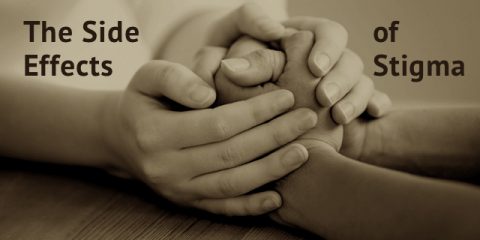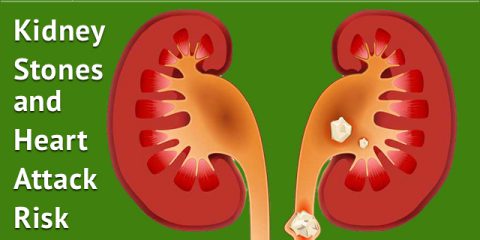The timetable around finding Mr. or Mrs. Right isn’t the same for everyone. My sister-in-law (who I will call S___ throughout this post) and her husband (H___) found each other when they were 41 and 49 respectively and didn’t marry until they were 44 and 52. They wanted children and tried for almost a year to do so but without success. S____...
Read MoreEven A Small Amount Of Physical Activity Helps Your Brain!
A small randomized controlled trial, with 60 participants, adds to the evidence that physical activity, even in small amounts, is good for you. In this study, just published in The International Journal of Clinical Practice, participants were 70 years old and sedentary. Half the participants did an interval aerobic program for 30-minutes, twice a week,...
Read MoreThe Side Effects of Stigma
With knives or branding irons, ancient Greeks would mark criminals or traitors to indicate that they should be shunned and not welcomed in society. The Greeks called that mark a stigma. Today, to stigmatize a person is to classify them by a negative attribute and devalue them on that basis alone. Stigmatizing is a cross-cultural and cross-species...
Read MoreKidney Stones and the Risk of Heart Attack and Stroke
As I laid on the emergency room’s hospital bed, a volunteer said, “I’ve had seven children and kidney stones. I’d take labor pains over kidney stone pain anytime.” Although I’m not sure I completely agree, I do know that pain from kidney stone, called renal colic, can be excruciating. Over half a million people in the US...
Read MoreVegetarian Diet Great for Type 2 Diabetes
Critical benefits may be had from eating a vegetarian diet for people living with type 2 diabetes, a recent meta-analysis of randomized control trials* indicates. Published in Clinical Nutrition, the meta-analysis of nine studies involved over 600 participants taking insulin, oral glucose lowering drugs, lipid-lowering medications or medications to...
Read More







